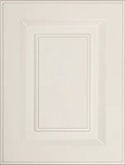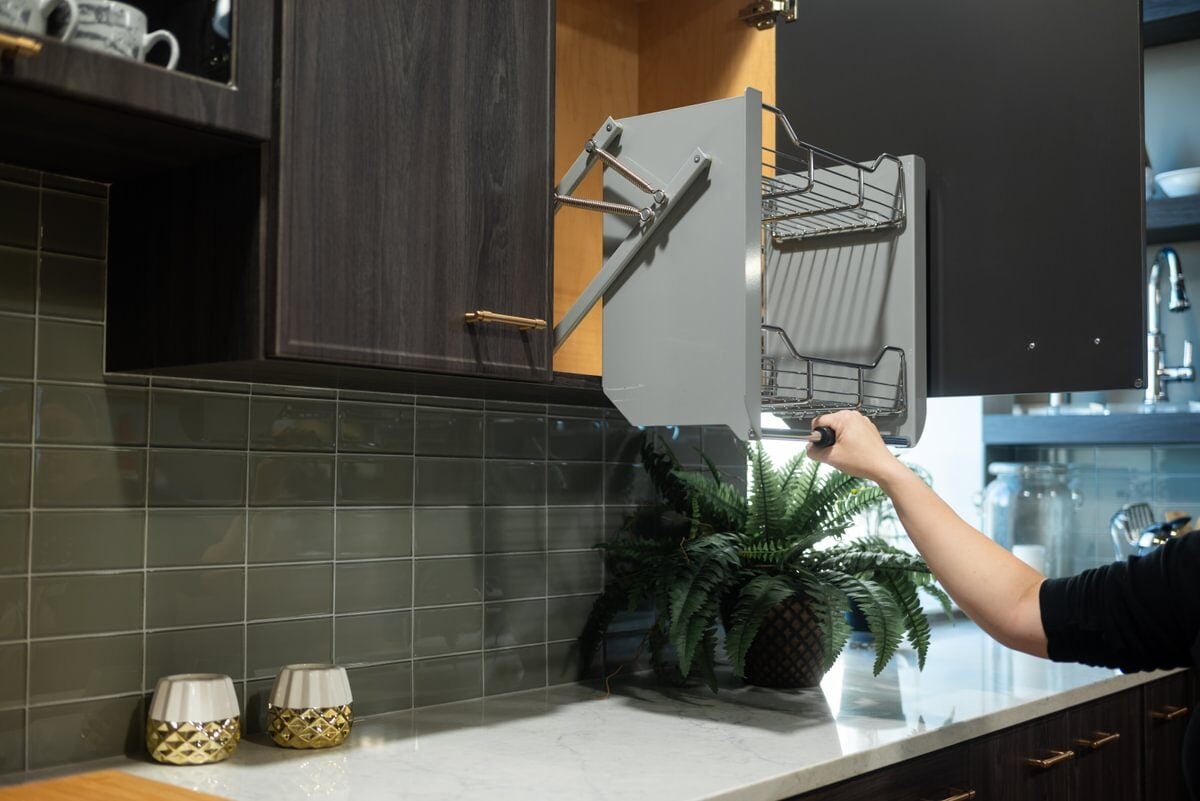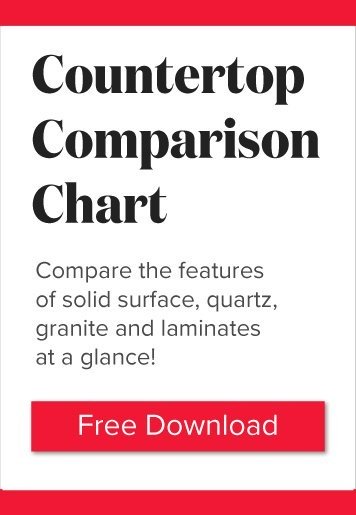We hear the word nonporous used a lot as a selling feature for countertops and other kitchen necessities, but do we really know what this term means? And if so, is it really all that important?
.webp?width=600&height=400&name=Kitchen%20Magic%20Liaw-11%20-%20Large%20(1).webp)
Non-porous vs. Porous Kitchen Surfaces
Nonporous is actually something you probably want in your countertop. Let's go over the ins-and-outs of kitchen surface porosity, so you can make a smarter choice for the heart of your home.
Nonporous Defined
Nonporous simply describes something that is not permeable to air, water or other fluids.
If a surface such as a kitchen countertop is nonporous, it simply cannot allow or contain any air or water within it. Pores are minuscule openings or crevices that allow air and water to flow to and fro—nonporous surfaces don't have pores, so they do just the opposite.

It's almost as if they hold up a 'Do Not Enter' sign to air, water, bacteria or whatever else that might wish to intrude. And the air, and water, and bacteria have no choice but to obey. You've likely noticed that concrete sidewalks, rocks, and stones seem to change color after a rainstorm. The reason they appear darker is because they are porous, and the pores have allowed water from the rain to enter.
Why Choose Nonporous?
It should be starting to make sense why we might not want these pesky pores to be lurking within our kitchen countertop surface. Nonporous countertops assure us that undesirable substances cannot penetrate the surface. When we wipe the top of a nonporous counter dry with a cloth, we can be confident that it is dry (and clean) all the way through. We know that water is not lurking inside the countertop somewhere, providing moisture for mold to flourish—and, we can rest assured that bacteria's not hiding beneath the surface since nonporous countertops are antimicrobial by design.
Many nonporous countertops are manufactured today including solid surface Corian, and the many quartz products like Cambria, Silestone, and Corian Quartz. There are many attractive porous countertop options as well—granite, for example, is a popular but porous countertop surface. However, you can find nonporous surfaces that provide both beauty and food-prep safety.

Want some expert advice on choosing the perfect countertop surface for your kitchen? Schedule a free in-home consultation, and one of our design consultants will help you design the bacteria-free kitchen of your dreams.









